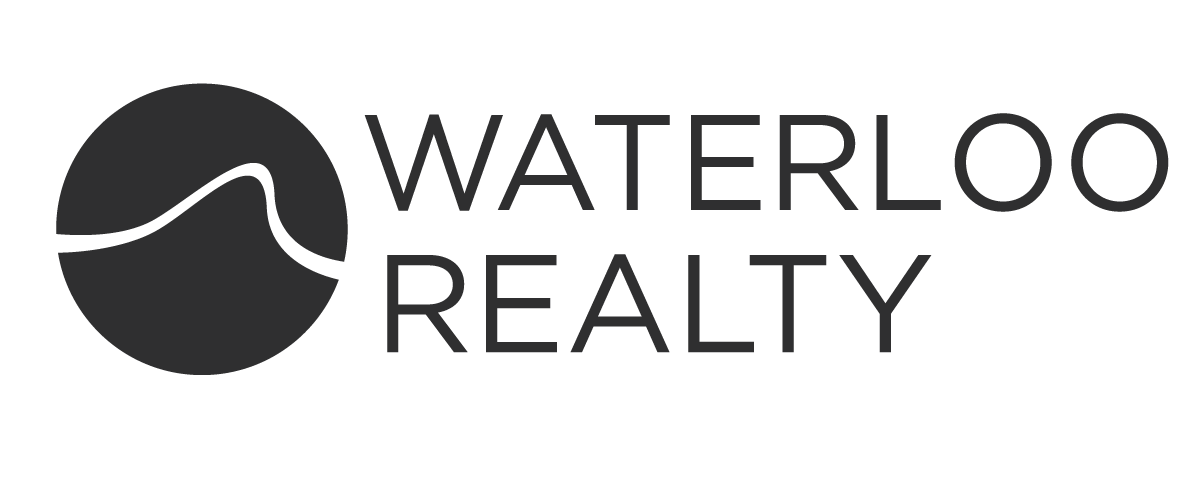
Thinking about buying a home? That’s great! The very first step in the process is to check your credit score. Knowing your score is important for many reasons. Your score determines the interest you will pay on your mortgage, or even if you can qualify for a mortgage at all.
A high score tells lenders that you are reliable. You have paid your bills on time in the past and are likely to do so in the future. In short, you are a safe investment for a lender. On the other hand, a low score tells lenders that you are a risky investment. You may have missed bill payments in the past and therefore may do so again. If lenders approve those with low credit scores, they will do so at a higher interest rate to make the risk worth their while.
Credit scores fall in the range of 300-850. The higher the score, the less of a risk you pose to investors. Your score indicates your creditworthiness or your reliability as a lendee. Credit scores are determined based on the following key factors:
1. Payment History- this accounts for 35% of your score. It refers to your frequency of late payments.
2. Credit Utilization- this accounts for 30% of your score. It refers to the ratio of how much credit you have available to how much credit you actually use. To have this positively impact your score, your credit utilization ratio should be no more than 30%. For example, if you have a $10,000 limit on your credit card, you should carry no more than a $3,000 balance.
3. Age of Credit Accounts- this accounts for 15% of your score. The older the account, the better. Consider keeping your first credit account open, even if you don’t use it anymore, to maintain the higher average age of your credit accounts.
4. Account Types- this accounts for 10% of your score. Lenders want to see a variety of different accounts being carried. For example, a credit card account, car loan, mortgage, etc. It shows that you are able to handle multiple types of debt.
5. Inquiries- This accounts for 10% of your score. It refers to how many hard pulls of your credit report have been made by potential lenders when you apply for credit. This negatively impacts your score because it leads lenders to believe that you are applying for multiple lines of credit at once. These are temporary, however, and will eventually disappear from your report.
But what’s considered bad, good, better, best when it comes to credit scores? The chart below buckets scores into these categories.

Qualifying for a mortgage loan requires a minimum credit score, depending on the type of mortgage you are trying to obtain. Conventional loans require a credit score of 620. Whereas FHA loans require a score of 500-580 depending on your down payment.
You can improve your score by focusing on these key factors outlined above. This means paying credit bills on time and not racking up more than 30% worth of debt on your cards. Be sure to check your credit score for mistakes before applying for a loan. After you resolve these issues, it could take months for them to disappear from your credit report.
If you’re a first time home buyer, we know this information can be overwhelming to navigate. Speak to a Waterloo agent for recommendations, guidance, and advice throughout your home-buying process, including how to qualify for a mortgage that will suit you and your lifestyle best.



